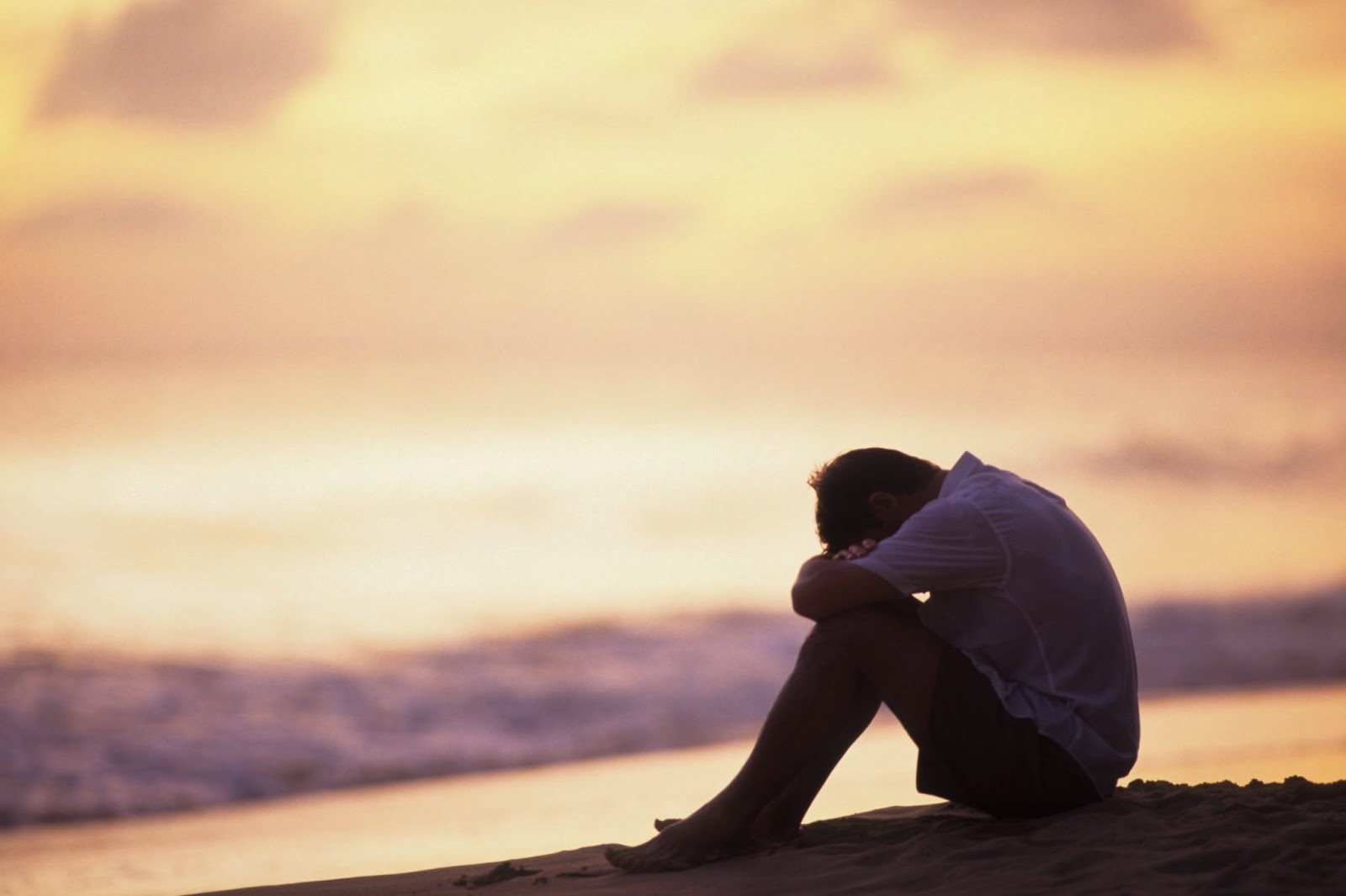Most of us have heard of eHealth – short for Electronic Health, and in its simplest form meaning the use of information and communication technologies for health delivery and management.
While that sounds pretty dry and not that interesting, eHealth is a tsunami, riding on databases of health information and innovative, patient-centred, wireless and wearable technologies that are changing health care systems and health services delivery around the world.
- If you wear a FitBit, Jawbone, or other fitness tracker, or know someone who does, that’s eHealth
- If you use an App for tracking your food intake, heart rate, sleep patterns or just about anything else you do, that’s eHealth
- If you have used a health service delivered via broadband or mobile phone (telehealth), had surgery via a robot operated by a local or remote surgeon, or have been diagnosed and treated remotely by phone (telemedicine), that’s eHealth
- If you live in one of the many European, African, Asian, Oceanic (including Australia) or American countries around the world whose government has developed an eHealth strategy and funded projects to create a national database for Electronic Health Records (EHRs), that’s absolutely eHealth
- If, like me, you track your heartbeat for AF on your smart phone and send ECG’s to your cardiologist using AliveCor’s Heart Monitor, that’s eHealth
- If you are using an iPhone with the new iOS 8 operating system, then you already have the HealthKit and Apple Watch Apps, which are the forerunners of Apple’s Ecosystem For Your Body, the latest in a wave of new smart phone based, personal eHealth.
So, what is the objective of eHealth? At the big picture level, the answer is simple: better healthcare outcomes.
As for the detail, it depends on who you ask.
- For government: a single eHealth record used by all hospitals, health professional and service providers, will save their health system $ billions a year by cutting the diagnosis, treatment and prescription errors that lead to thousands of unnecessary hospital admissions
- For medical organisations, eHealth is delivering new and innovative tools and techniques resulting in more effective and targeted services, accompanied by a reliable and sustained income stream
- But it is for BigD-ers, and every other person on this planet concerned about their health, that the eHealth wonder is delivering the most: new insights, protocols, pathways and tools that are changing the way we think about and look after ourselves: right now, today.
That’s right: we are where the eHealth rubber hits the road. It’s up to us: the more we know, the more we get engaged, the better we collaborate and control our health care, the healthier we’ll be, the better our quality of life.
So I asked myself: how can I get more involved?
Luckily, on the Internet, ask and you shall receive: I found a new eHealth MOOC! Talk about great timing. (I’ve written about Massive Online Open Courses before, where you can learn about just about anything, expand your mind and pay nothing.)
Called eHealth – Opportunities and Challenges, it is run by the Karolinska Institutet (a very prestigious university in Sweden). Among other things, it is designed to “… help you to understand the opportunities and challenges of the field”. Quick check: yes, it’s in English, so I signed up.
It started a week ago (23 April 15), and it’s great! It is short, only 6 weeks, and involves about 6 hrs per week. Each session has brief, pithy videos talking to eHealth practitioners and experts from around the world; simple assignments and lots of opportunities to interact with people doing an amazing array of eHealth stuff: things that can benefit you and me. At last count, 5000 students are registered from just about everywhere (the M in MOOC definitely means massive).
So if you want to tap into the benefits of eHealth (and you obviously do or you wouldn’t be reading this) and want to make your own health care future, check out and register on the MOOC. It’s not too late, registrations are still open.
Maybe we can meet and solve sort out some of BigD’s big problems together on the forum. Whatever floats your eHealth boat.

 Professional dialysis recruitment
Professional dialysis recruitment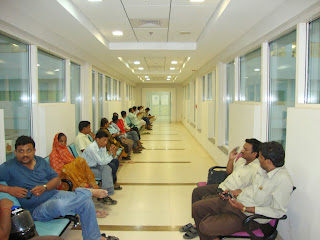
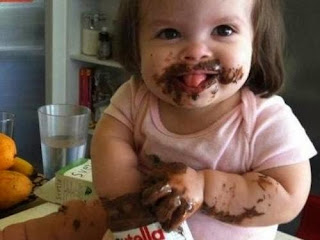

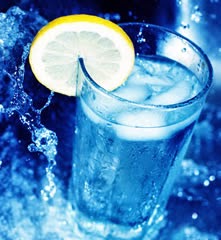


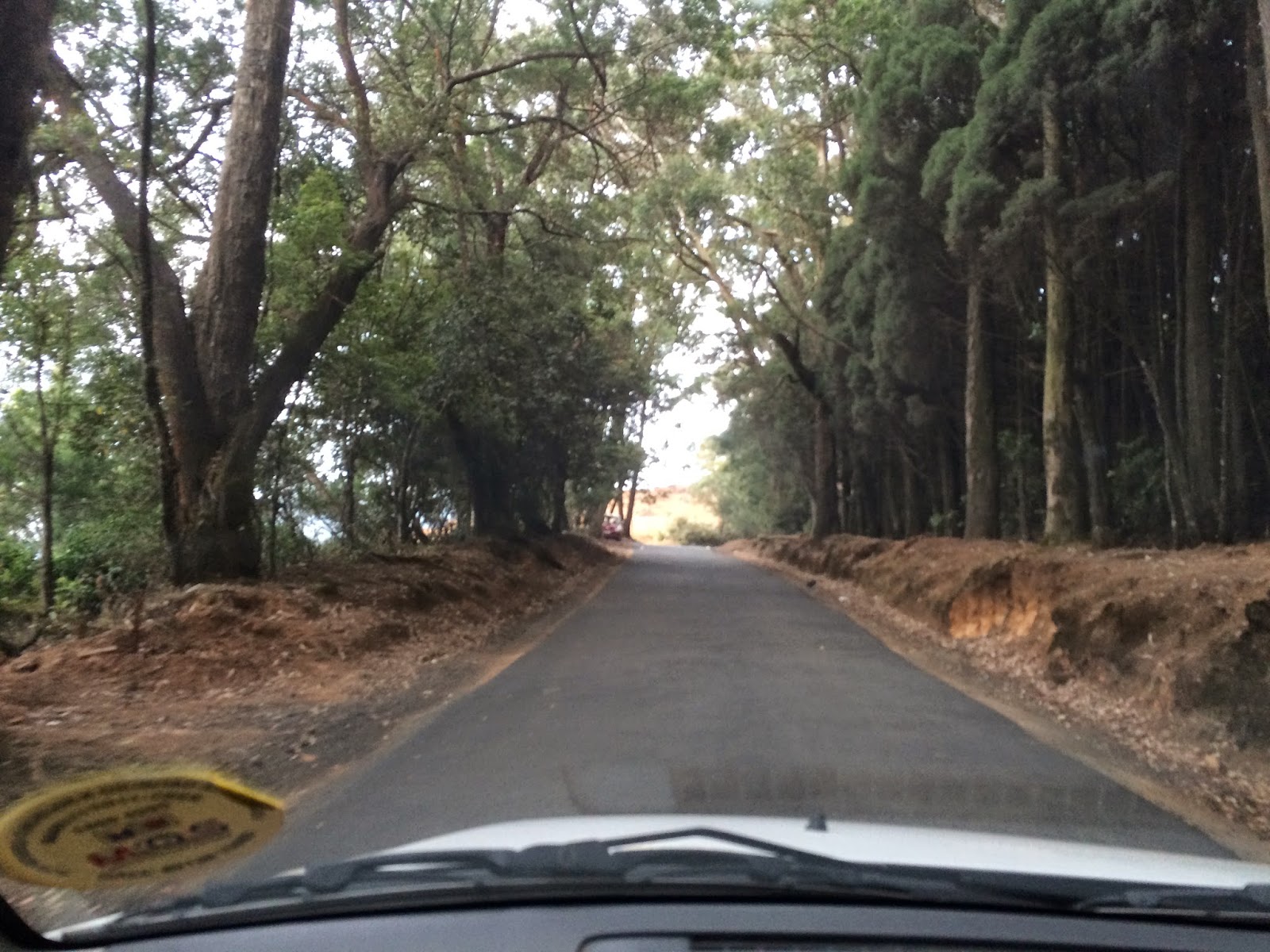
 Typical prices for a black (red) market kidney transplant in these transplant tourism countries. Here’s a great 3 minute summary of the state of the rest of the world’s global organ trade:
Typical prices for a black (red) market kidney transplant in these transplant tourism countries. Here’s a great 3 minute summary of the state of the rest of the world’s global organ trade: 